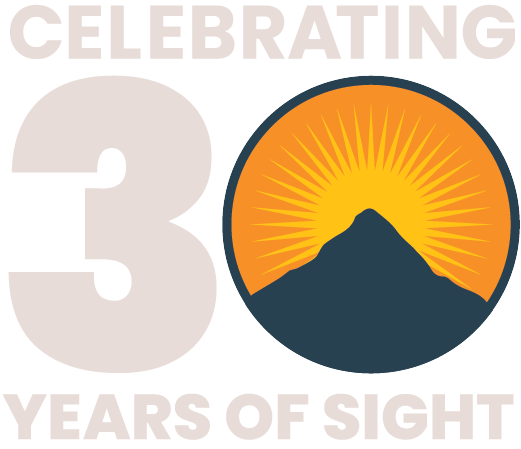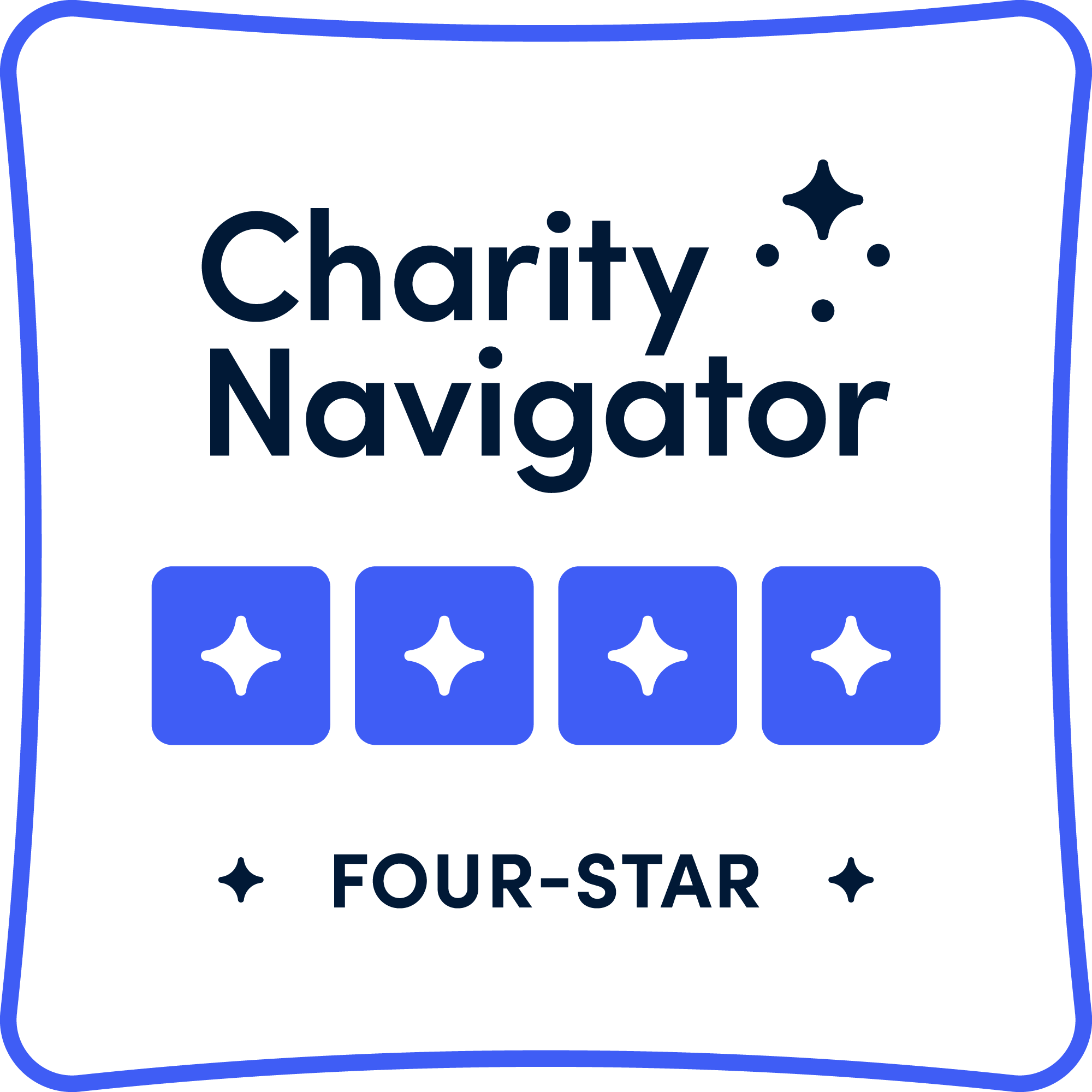2025 Research Grants Announced
Cure Blindness Project is excited to announce the winners of its 2025 research grants. With a record number of applications, the selection committee thanks all faculty and residents who submitted thoughtful, innovative perspectives.
In total, Cure Blindness Project awarded 13 grants with research goals that ladder up to the foundational pillars of the global nonprofit: to provide comprehensive patient care, to build local capacity, to support infrastructure and equipment, and to enhance advocacy efforts.
From the applicant pool, a total of four Faculty Grants (at $10,000 award each) and nine Resident Grants ($2,000 grant each) were selected. A total of 107 applications from ten countries were received this year, representing a 53% increase in the number of applications from last year.

Each accepted project is designed to explore and elevate eye care, global ophthalmology and practices in the regions where we work. Research will address current questions in Nepal, Rwanda, Ethiopia and Eritrea.
“Research finds new, innovative ways to both look at and approach existing challenges within the field of eye care,” says Ashiyana Nariani, Senior Technical Advisor, Ophthalmic Training and Research at Cure Blindness Project.

Rooted in academic excellence, Cure Blindness Project has always placed an importance on research. Since the organization’s inception, professionals associated with Cure Blindness Project have been publishing in a wide range of ophthalmological and public health journals. Articles about Cure Blindness Project have been published in both academic and general-audience sources. A searchable list of Cure Blindness Project-supported research can be found here: www.cureblindness.org/research
“By supporting our partners through important country- and regionally- specific research, we look forward to providing academic nourishment coupled with focused curiosity, with the goal of addressing urgent ophthalmic domains, that will serve our ultimate, unified objective of eliminating needless blindness!” says Nariani.






